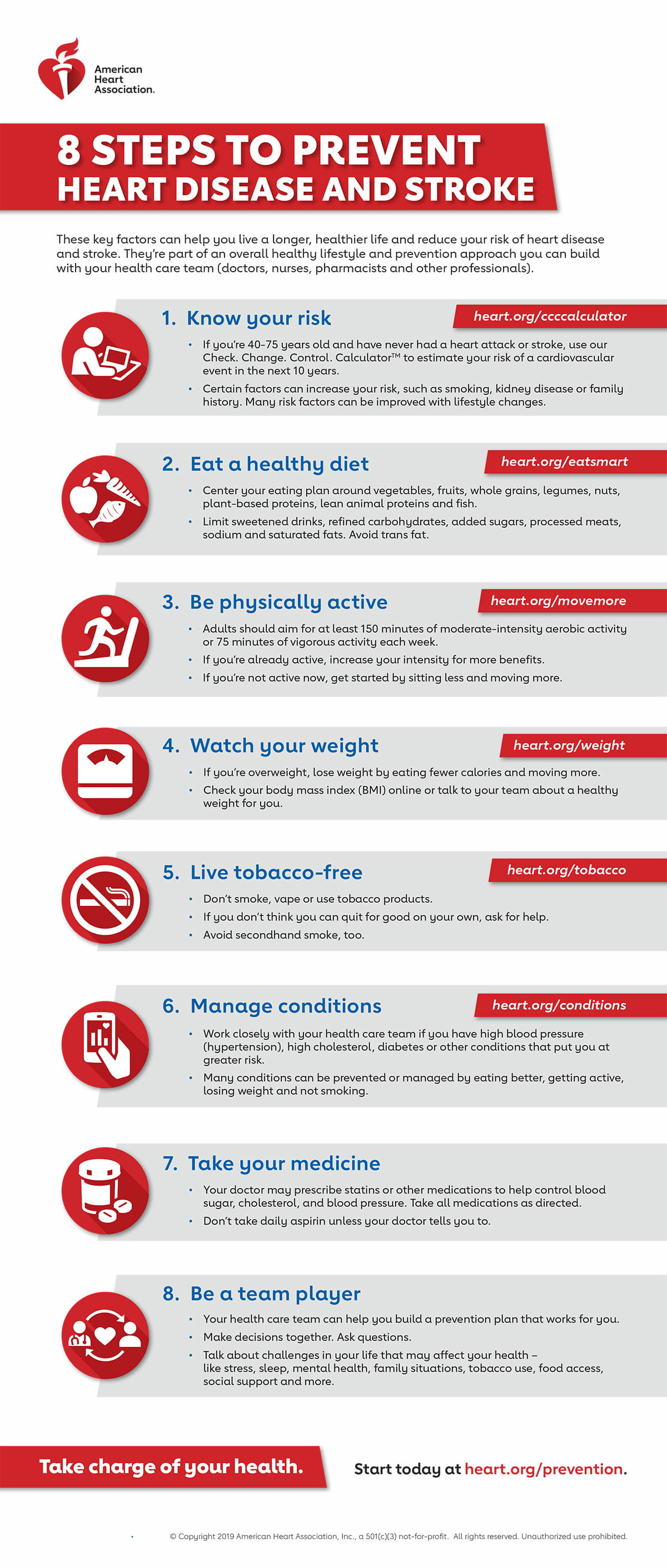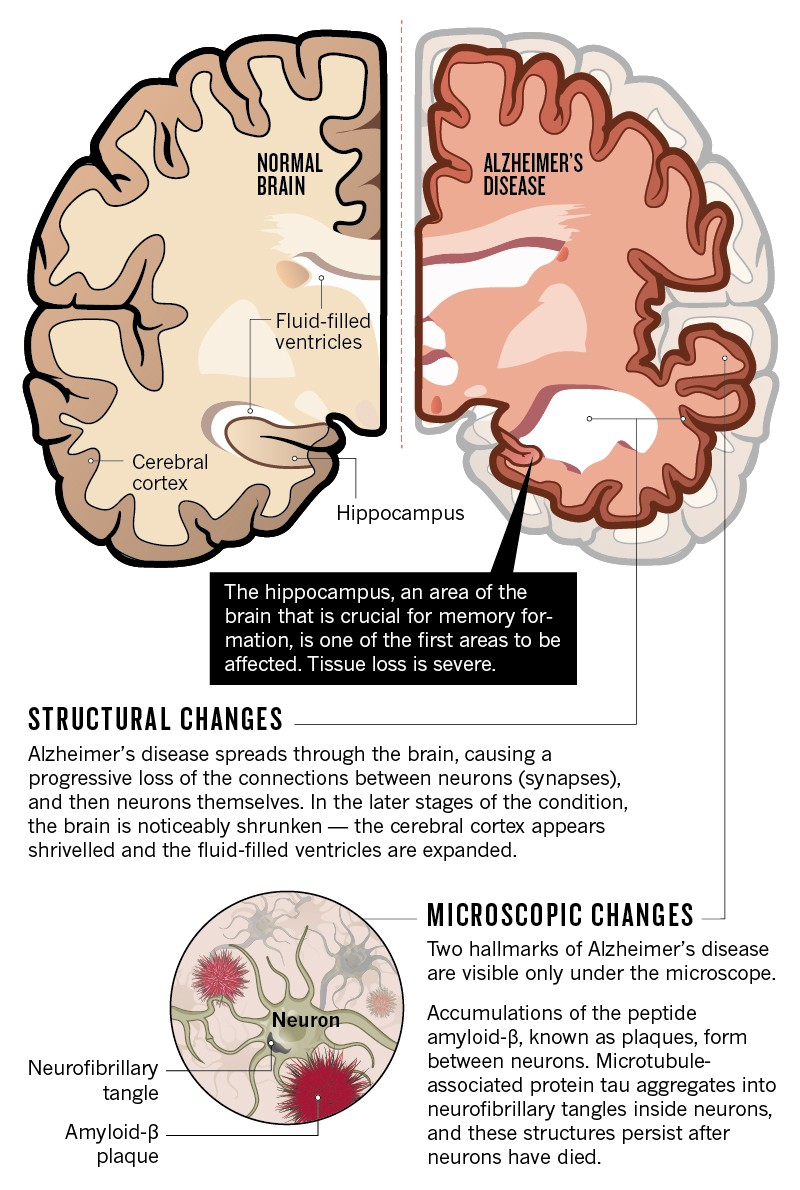Heart disease prevention is a critical topic that deserves our urgent attention, given that cardiovascular diseases are the leading cause of death in the United States. Many individuals underestimate the impact of lifestyle choices on their cardiovascular health and overlook essential practices such as cholesterol management and regular health screenings. Despite advances in medical treatments, including statin use to lower LDL cholesterol, a significant portion of the population remains unaware of their heart health statistics. Early intervention is key, as it empowers individuals to take charge of their well-being and combat the growing rates of heart disease. By focusing on preventive cardiology, we can shift attitudes and make strides toward a healthier future for all.
When discussing the safeguarding of cardiovascular health, we often overlook the far-reaching implications of proactive measures. The journey to heart health entails not only managing cholesterol levels but also understanding the importance of lifestyle modifications that prevent potential heart issues. Interestingly, awareness about heart disease statistics reveals that many are still complacent, treating preventive measures as optional rather than essential. As we explore innovations in heart health care, it becomes evident that embracing preventive strategies is crucial to curbing the rise of cardiovascular illnesses. Engaging with refined medical insights not only enhances our understanding but also empowers us to make informed health choices.
Understanding Heart Disease Statistics
Heart disease remains the leading cause of death in the United States, accounting for approximately 697,000 deaths each year. This staggering statistic illustrates the urgent need for greater awareness about the complexities of cardiovascular health. Notably, heart disease claims more lives than any form of cancer combined, yet it often does not evoke the same immediate response or urgency from patients as a cancer diagnosis would. According to the American Heart Association, many individuals remain unaware of their risk factor profiles, which include elevated cholesterol levels and high blood pressure – issues that can be managed with the right intervention.
Recent studies indicate that heart disease can affect people at a younger age than previously thought. The accumulation of risk factors such as obesity, sedentary lifestyle, and poor dietary choices begins early in life, emphasizing the critical importance of preventive cardiology. Cardiologists advise regular screenings for cholesterol management and blood pressure checks from a young age to identify and mitigate risks long before they lead to acute health issues. By understanding heart disease statistics, patients can better comprehend the real dangers they face and motivate proactive health behaviors.
Effective Cholesterol Management Strategies
Cholesterol management is a central pillar of heart disease prevention, with lifestyle changes and medications playing critical roles. Patients are encouraged to reduce their intake of saturated fats, increase fiber consumption, and incorporate more physical activity into their daily routines. The American Heart Association recommends adults consume no more than 300 mg of cholesterol per day to maintain healthy levels. Additionally, awareness of LDL (bad) versus HDL (good) cholesterol is essential for effective management. A heart-healthy diet coupled with exercise can significantly lower LDL levels and improve overall cardiovascular health.
For those with higher cholesterol levels or existing conditions, statin use may be recommended by healthcare providers to further reduce cardiovascular risk. Statins have been shown to significantly decrease the incidence of heart attacks and strokes by lowering cholesterol production in the liver. However, there persists skepticism around statin therapy, especially among those who are hesitant about long-term medication use. Educating patients on the benefits of statin therapy and addressing their concerns is crucial for effective cholesterol management, as many lives can be saved through adherence to prescribed regimens.
The Importance of Preventive Cardiology
Preventive cardiology serves as a proactive approach to combatting heart disease before it develops into a serious condition. This field emphasizes the significance of regular health screenings, education on risk factors, and the implementation of lifestyle changes aimed at improving cardiovascular health. By identifying patients at high risk through assessments of their family history, lifestyle choices, and overall health, healthcare providers can devise individualized prevention strategies that enhance patient outcomes. Cardiologists advocate that awareness and early intervention can significantly reduce heart disease prevalence.
Moreover, the integration of wearable technologies provides patients with tools to monitor their heart health continuously. These devices can track physical activity, heart rate, and other vital signs, encouraging users to maintain a healthy lifestyle. Additionally, educational workshops on understanding heart disease risk factors and personal health metrics are becoming increasingly prevalent in community health programs. By fostering an environment where preventive cardiology is prioritized, patients can take charge of their own health, reducing the overall burden of heart disease on the healthcare system.
Why Patients Should Embrace Preventive Measures
Despite the advances in medical science and technology, the reality remains that many patients adopt a passive attitude towards heart disease prevention. A significant number of individuals delay taking preventive measures, often attributing such actions to the misconception that heart disease primarily affects older adults. This mentality can lead to missed opportunities for early intervention which is critical for long-term health outcomes. It’s essential for patients to understand that cardiovascular damage accumulates over time, and taking preventive measures early can have profound benefits.
Healthcare professionals underscore the importance of embracing preventive measures such as regular health check-ups, maintaining an active lifestyle, and adhering to medication regimens. Moreover, patients should take an active role in their health by familiarizing themselves with their cholesterol levels and understanding the importance of having targeted measures in place. Only by recognizing the seriousness of heart disease and its prevention can patients effectively combat it.
Staying Informed about Heart Disease Innovations
The rapid advancements in cardiovascular medicine are transforming the landscape of heart disease treatment and prevention. From minimally invasive surgeries to cutting-edge drug therapies, these innovations are making significant strides in enhancing patient care. For example, novel heart transplant techniques that allow for donor hearts to be kept beating during transport have shown to improve recovery times significantly. Additionally, drug developments in cholesterol management, such as new classes of medications that help lower LDL levels without the adverse effects associated with traditional statins, hold great promise for patients.
Staying informed about these innovations is crucial for patients as they navigate their health journey. Engaging in discussions with healthcare providers about the latest advancements enables patients to make informed decisions regarding their treatment options. Community-based health programs often provide resources and updated information on heart disease research, which can empower individuals in managing their cardiovascular health effectively.
The Role of Lifestyle Changes in Heart Health
Lifestyle changes play a pivotal role in maintaining heart health and reducing the risk of heart disease. Simple changes such as incorporating fruits and vegetables into meals, reducing sodium intake, and engaging in regular physical activity can significantly impact overall cardiovascular wellness. Health experts recommend at least 150 minutes of moderate aerobic activity weekly to strengthen the heart muscle and improve circulation. By transforming everyday habits, individuals can influence their heart health positively.
Additionally, managing stress through relaxation techniques like yoga or meditation can enhance heart health. Stress is a known risk factor for heart disease, as it has been associated with elevated blood pressure and increased cholesterol levels. Encouraging a balance between work and personal life, alongside adopting healthy coping mechanisms, are essential strategies for mitigating stress-related cardiovascular risks.
Navigating Medication Adherence for Heart Disease Prevention
Medication adherence is a significant challenge in the management of heart disease. Despite the availability of effective medications, including statins and blood pressure-lowering drugs, many patients struggle with maintaining their prescribed regimens. Factors such as forgetfulness, misunderstanding the importance of medication, and side effects can all contribute to low adherence rates. To enhance adherence, healthcare providers must emphasize the benefits of these medications in reducing the overall risk of heart disease.
Utilizing patient navigators to follow up with patients post-appointment and help overcome barriers to medication access can lead to greater adherence rates. This proactive approach not only reinforces the patient’s understanding of their treatment but also fosters ongoing communication with healthcare professionals. By creating a support system that emphasizes the importance of medication adherence, we can work towards better outcomes in heart disease prevention.
Understanding the Future of Heart Disease Treatments
The future of heart disease treatment is promising, with groundbreaking research and technological advancements paving the way for more effective interventions. New therapies are continuously being developed, ranging from personalized medicine based on genetic testing to innovative surgical techniques that minimize patient recovery time. This future landscape will likely include even more sophisticated methods for monitoring cardiovascular health, such as implantable devices that offer real-time health data.
Moreover, recent research into the effects of diet and lifestyle choices on heart health is opening new avenues for non-invasive treatments. Doctors are paying more attention to the role of nutrition and its impact on heart disease, advocating for tailored dietary plans that are as vital to treatment as pharmaceutical options. As the healthcare community shifts toward a more holistic view of heart health, patients should remain optimistic about the evolving strategies in heart disease prevention and treatment.
The Importance of Regular Screenings in Cardiovascular Health
Regular screenings are vital for maintaining cardiovascular health and identifying heart disease risk factors early. Conditions like high blood pressure, high cholesterol, and diabetes often show no symptoms until they lead to severe complications, underscoring the need for proactive health monitoring. Healthcare experts recommend that adults begin screening for cholesterol and blood pressure at age 20 and continue to do so at regular intervals based on their risk factors. This preventative approach makes it possible to catch abnormalities before they become larger health threats.
In addition to cholesterol management and blood pressure checks, incorporating screenings for diabetes and body mass index assessments can help paint a comprehensive picture of heart health. By understanding their health metrics, patients are more likely to make informed choices regarding both lifestyle changes and necessary treatments. Engaging in regular health screenings can empower individuals to take an active stance towards preventive cardiology.
Frequently Asked Questions
What are the key strategies for heart disease prevention?
Heart disease prevention primarily involves maintaining a healthy lifestyle, which includes managing cholesterol levels, regular exercise, and a balanced diet. Patients should focus on controlling LDL cholesterol, monitoring blood pressure, and understanding their cardiovascular health metrics. Additionally, preventive cardiology emphasizes early interventions, such as the use of statins for patients at risk.
How does cholesterol management contribute to heart disease prevention?
Effective cholesterol management is critical for heart disease prevention. High levels of LDL cholesterol are a major risk factor for cardiovascular issues. By maintaining healthy cholesterol levels through diet, exercise, and, if necessary, statin use, individuals can significantly reduce their risk of developing heart disease.
What are heart disease statistics and why are they important for prevention?
Heart disease statistics indicate that cardiovascular disease is the leading cause of death in the United States, surpassing all cancers combined. Understanding these statistics is vital for motivating individuals to engage in heart disease prevention strategies such as regular health screenings, lifestyle changes, and early treatment interventions.
What role does statin use play in heart disease prevention?
Statin use is a cornerstone of heart disease prevention for individuals with high cholesterol or other risk factors. Statins help lower LDL cholesterol levels and have been shown to reduce the risk of heart attacks and stroke. It is essential for patients to consult with their healthcare provider to determine if statin therapy is appropriate for their cardiovascular health.
How can preventive cardiology improve cardiovascular health?
Preventive cardiology focuses on reducing cardiovascular risk factors before they lead to heart disease. This discipline encourages regular screenings for cholesterol, blood pressure, and lifestyle assessments. Effective preventive strategies can enhance cardiovascular health by identifying potential issues early and implementing lifestyle modifications or medical treatments as needed.
Why is it crucial to track cholesterol levels for heart disease prevention?
Tracking cholesterol levels is crucial for heart disease prevention because elevated LDL cholesterol can lead to atherosclerosis and heart attacks. By regularly monitoring cholesterol, individuals can take early action to modify their diet, increase physical activity, or start medication, such as statins, which can prevent long-term complications and improve overall cardiovascular health.
How can technology aid in heart disease prevention?
Advancements in technology, such as wearable fitness devices and mobile health applications, can significantly aid in heart disease prevention. These tools help individuals track physical activity, monitor heart rates, and manage cholesterol levels. By providing real-time data, patients can take proactive steps to improve their cardiovascular health.
What lifestyle changes can effectively prevent heart disease?
To effectively prevent heart disease, individuals should adopt a heart-healthy lifestyle that includes regular physical activity, a balanced diet rich in fruits and vegetables, maintaining a healthy weight, and avoiding tobacco use. Managing stress and getting regular health check-ups are also important for ongoing heart disease prevention.
When should individuals start preventive cardiology measures?
Preventive cardiology measures should ideally begin in early adulthood. Individuals, even those without apparent risk factors, should engage in regular health screenings to monitor cholesterol, blood pressure, and other vital health indicators. Early detection and management of cardiovascular risks can lead to significantly better outcomes.
What are some dietary recommendations for heart disease prevention?
Dietary recommendations for heart disease prevention include reducing saturated fats and trans fats intake, increasing fiber-rich foods, and incorporating heart-healthy fats like omega-3 fatty acids. A diet rich in whole grains, lean proteins, fruits, and vegetables can support optimal cholesterol management and enhance overall cardiovascular health.
| Key Points | Details |
|---|---|
| Cardiovascular Disease Stats | Heart disease is the leading cause of death in the U.S., surpassing all cancers combined. |
| Patient Attitude | Many patients treat heart disease prevention casually, often putting off necessary lifestyle changes. |
| Prevention Focus | Experts emphasize that patients should know essential health metrics early, such as blood pressure and cholesterol levels. |
| Innovative Treatments | Advancements include minimally invasive surgeries and AI technology for personalized care. |
| Role of Education | Educating patients on the importance of early intervention and managing heart health is crucial. |
| Navigators in Care | Using navigators to assist patients helps improve adherence to treatment and follow-up care. |
Summary
Heart disease prevention is critical given that it remains the number one killer in the United States. It is essential for individuals to actively engage in monitoring and managing their cardiovascular health by understanding their risk factors, such as cholesterol levels and blood pressure. Advances in treatment technology and medical innovations, along with a comprehensive focus on patient education, can significantly improve outcomes. By prioritizing heart disease prevention, we can reduce the alarming rates of cardiovascular-related deaths and enhance overall public health.



